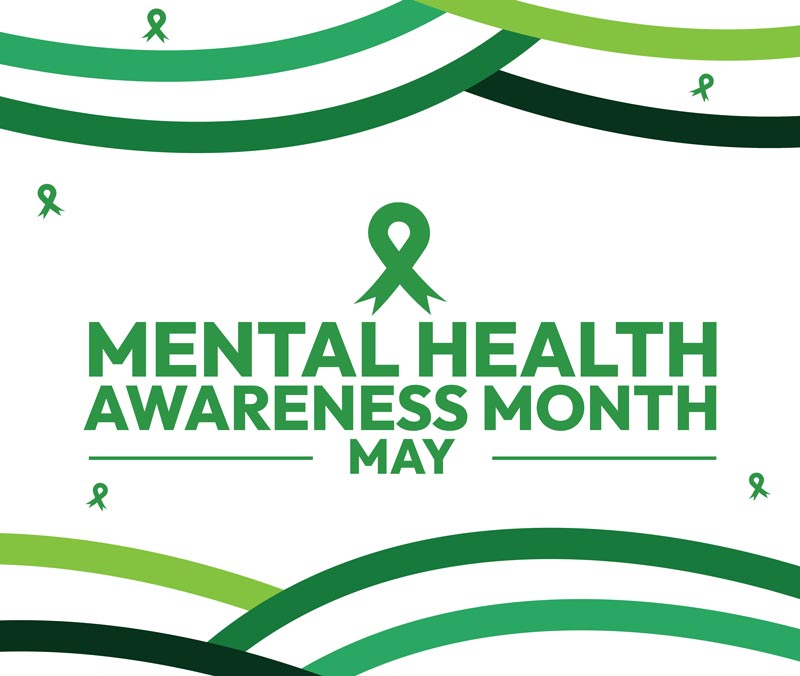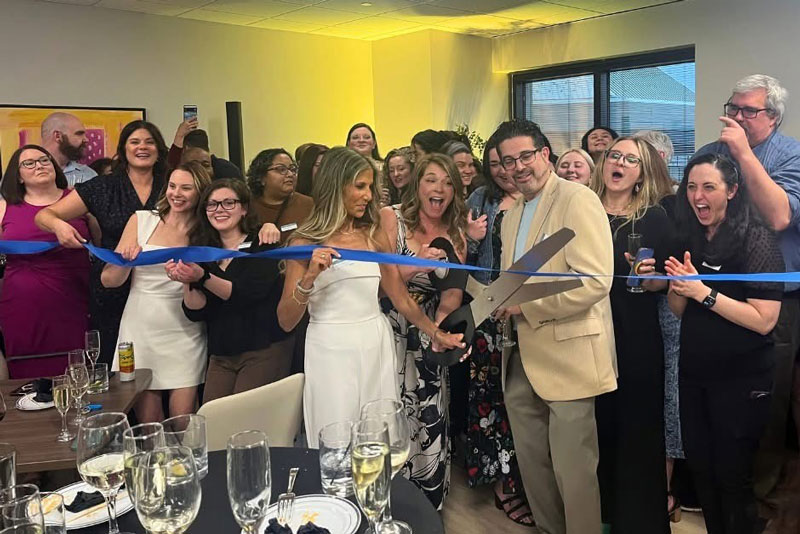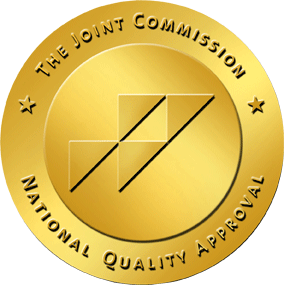At Skyway, we’re fortunate to have a team rich in diverse skills and specialties. In honor of National Grief Awareness Day (August 30th), we had the opportunity to chat with Kevin Stier, one of our talented case managers who also specializes in Grief Therapy. He shared some great insights about the importance of grief support in our community.
Interviewer: What are some of the beginning steps to dealing with grief for someone who is experiencing it for the first time?
Kevin: The first step to dealing with grief is identifying where we are in it. Generally, there are 5 stages of grief: denial, bargaining, anger, depression and acceptance. We will float in and out of those stages through the process- it’s not linear and there will be times where you’ll be in denial thinking “this person can’t be gone, there’s no way!” and other times you can acknowledge “okay, this has been my experience”.
Evaluating where we are and using that stage as a starting point will help us determine what tools to apply and how to move forward.
I: What are the different types of grief that you’ve worked with?
K: I’ve treated general grief regarding a grandmother passing, expected and unexpected grief. I’ve also worked with disenfranchised grief, which covers topics not relating to a human being, but more a moment or concept. It could be the loss of a job, it could be regarding substance use, for example. Any sort of transition that we go through in life is a grieving process.
I: Does therapy help everyone with grief?
K: Depends! If someone is dealing with the expected grief, they may not need therapy, as you may naturally move through the grieving process. Now, if it’s something unexpected, I think therapy can be a helpful tool to guide them through any struggles and hopefully feel less alone. Having that support in grief groups is what’s so essential, being connected with others.
I: Would you say that unexpected grief is a form of trauma?
K: Yes, I think when we experience grief like that, it absolutely can be traumatic.
I: Is there a healing timeline for when people can expect to start moving forward?
K: No, there is no timeline. Grief is something that will come up throughout your life. When you lose someone or something in your life it is something that will come up, re-trigger and you learn how to manage.
I: Why not hold in grief?
K: What happens when we stuff things down and we suppress things? It explodes. The grief comes out no matter what and in some cases it can be overwhelming. Some clients will turn to substance use, turn to other types of behaviors that can be really unhelpful and only keep that grief going and then turn into what we call complicated grief. Complicated grief is when we experience recurring grief at that intensity if we are not able to address what we’re feeling or experiencing in that moment.
I: Are there any tools that are helpful for working through grief?
K: Yeah, I would say there are several different tools. Considering DBT tools, distress tolerance gives us support to tolerate what we experience and to be able to feel what we need to feel because that’s a lot of what grief is. It’s about feeling our feelings and it’s about acknowledging “what is” and eliminating any denial. Another tool is practicing rituals. Say, when you go to a funeral or just meet with friends for a wake or memorial services, any of those can be ways to work through grief; the biggest aspect is having support–feeling that support from others.
I: Any final notes?
K: With grief, we need to feel what we feel in that moment without judgment.
Thank you so much to Kevin for sharing your knowledge and passion! We are so lucky to have such an intelligent and insightful human on our team!




